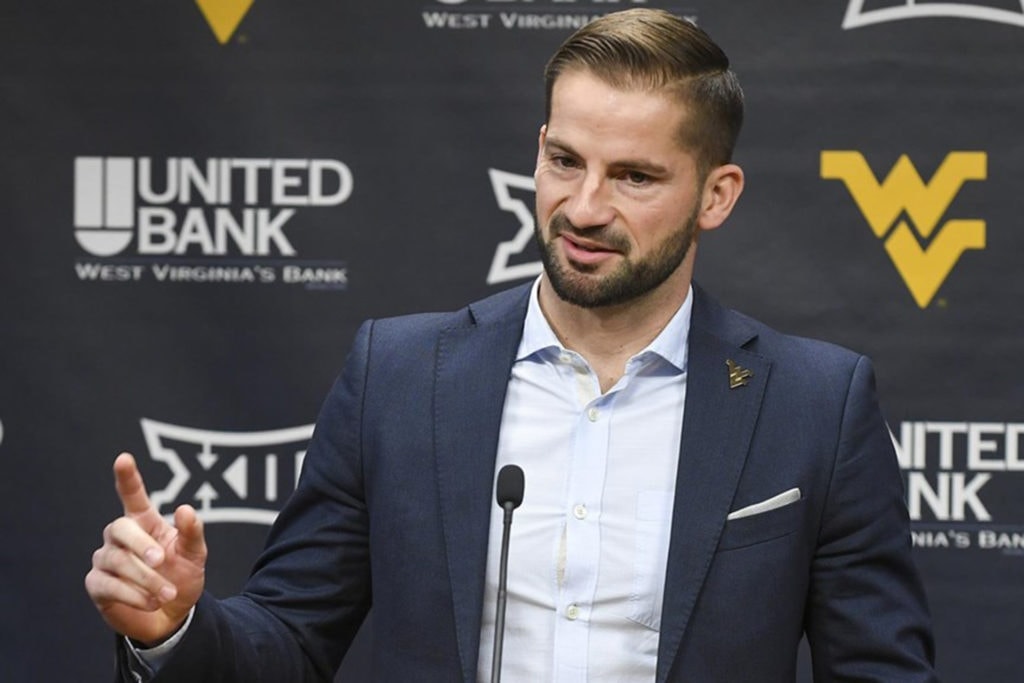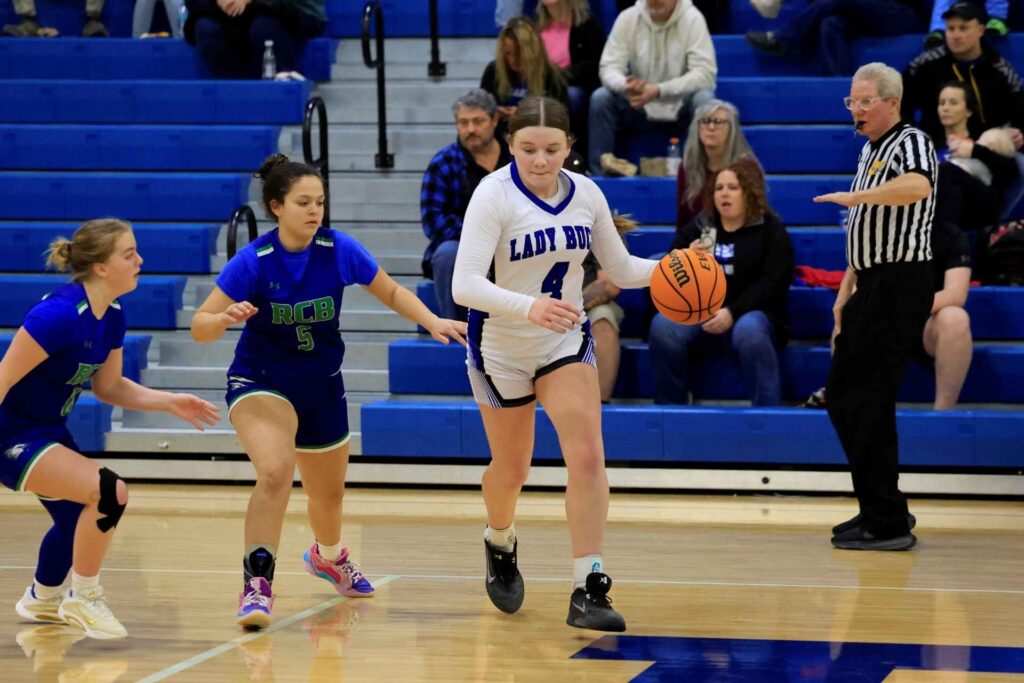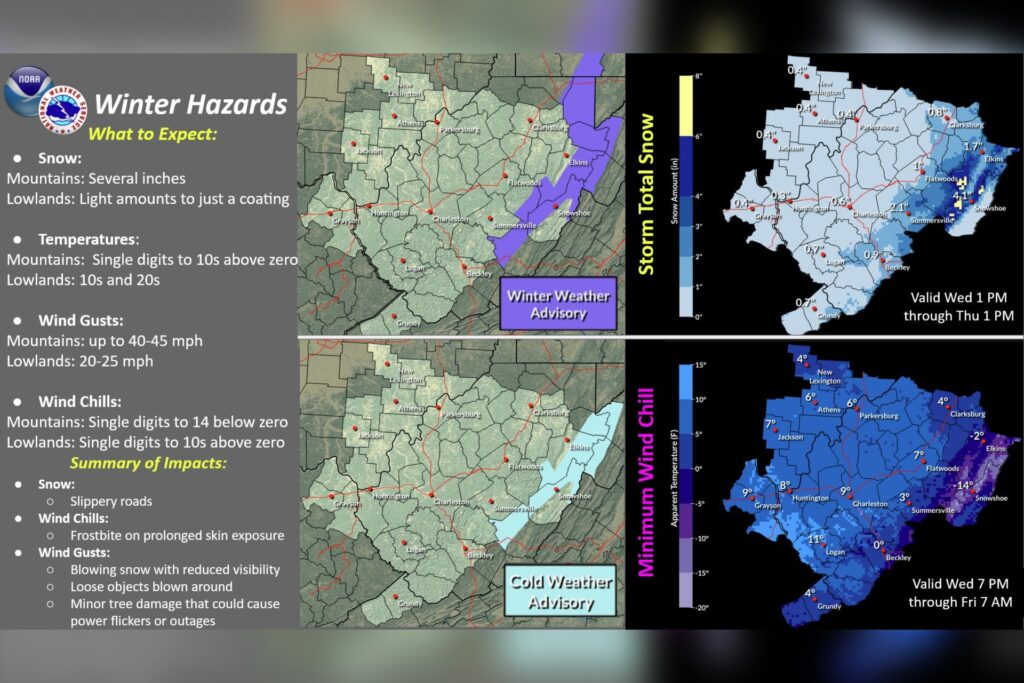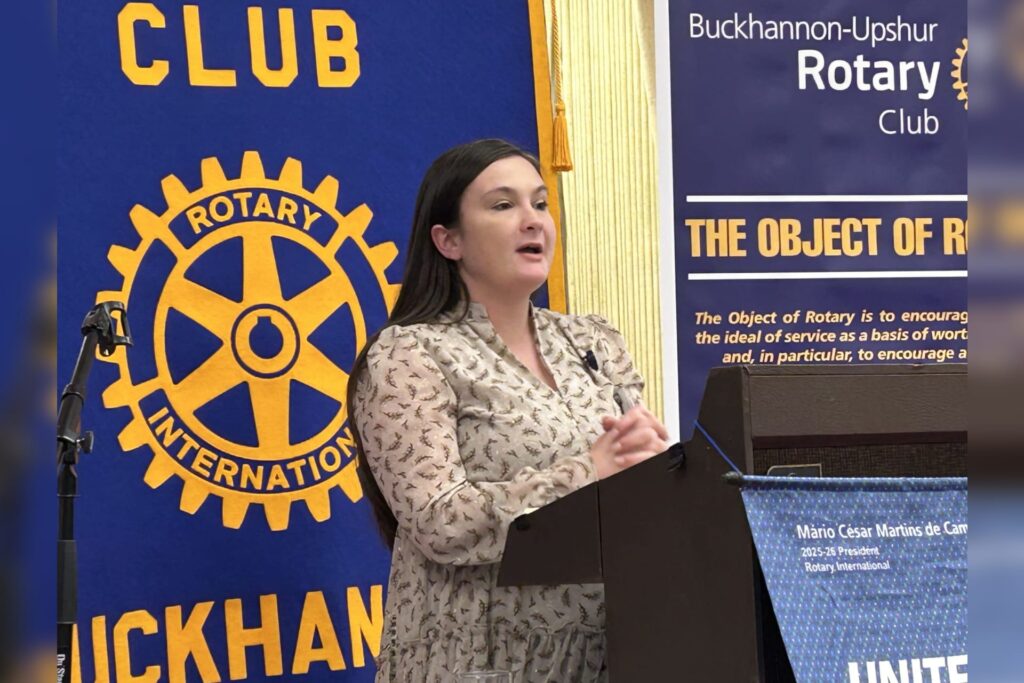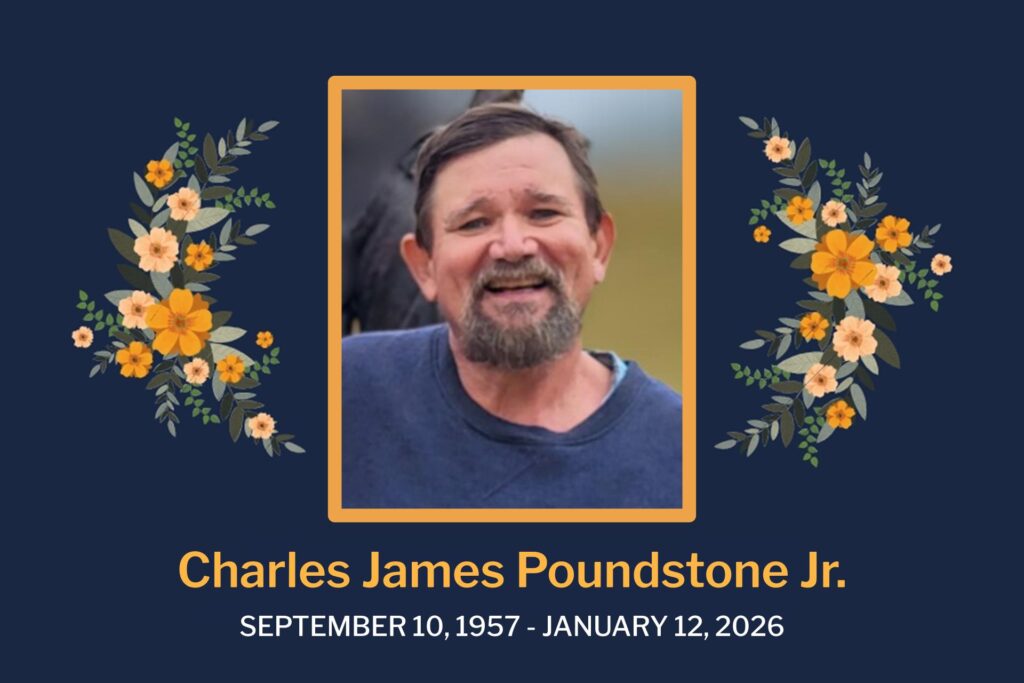MORGANTOWN, W.Va. – There is a little thing circulating right now that could have a profound impact on collegiate men’s soccer.
For those of you unaware, in April, the NCAA is going to vote on a proposal Maryland coach Sasho Cirovski has been working on for the better part of seven years to change Division I men’s soccer from a three-month season in the fall to one that spans the fall and spring semesters of an academic year.
More details, according to Jonathan Tannenwald’s story last month in the Philadelphia Inquirer, include:
- The total number of matches would drop from 25 to 23
- The first half of the season would conclude around Thanksgiving and be comprised of approximately 10 matches
- The second half would resume in the spring when the weather is better and could possibly conclude late in the spring around Memorial Day with the College Cup
This proposal only involves the men, but the women will assuredly be watching very closely. If it passes, the new model will come into play beginning in 2022 and would constitute perhaps the most radical change in the history of the sport.
But why?
Why dramatically alter something that has been done the same way for the last 61 years?
There are many involved with NCAA men’s soccer who believe the current model is broken. Those who support this view cite the condensed season as a detriment to the student-athletes’ health and well-being and their overall development.
You can count new West Virginia University men’s coach Dan Stratford among them.
“The popularity for the sport has grown beyond what collegiate athletics is doing for men’s soccer, and for soccer in general,” he explained. “I think it’s doing the players a bit of a disservice with the model that’s currently in place.”
Stratford cites two major studies, one published in 2010 by the American Journal of Sports Medicine, and the other by the NCAA in 2016, to support this claim.
The American Journal of Sports Medicine study demonstrated an increased injury rate for players trying to squeeze 25 matches into a 12-week season, while the NCAA study was more geared toward the time demands of the individual players.
One of the questions posed to the players in the NCAA survey conducted four years ago was if they were in favor of expanding the season to two semesters and an astonishing 80 percent answered yes.

When Stratford was preparing his University of Charleston team for its NCAA Division II national championship run last December, he said the condensed schedule made it virtually impossible for his players to recover from one match to the next.
“We looked at the GPS numbers in training over that two-week period and our guys ran two marathons. That’s crazy,” he said. “From that standpoint, when you are looking at the athlete load, there are so many benefits and so many positives (to expanding the season).”
Proponents emphasize that more class time is being missed under the current model with matches being played on weekdays and weekends to accommodate a three-month soccer season.
The two-semester model proposes only scheduling matches on the weekends, according to Stratford.
“From a training perspective, right now if you are lucky you get one practice per week when you can actually try and teach,” Stratford said. “Everything else is in preparation for a game or recovering from a game. So often, you are match day minus-one or match day plus-one and those really aren’t significant opportunities in training to reinforce what you are looking to do tactically and reinforce the message you are trying to provide to your players.”
Two-semester model proponents have also long argued that the sport has suffered greatly because the season usually ends at the worst time of the year weather-wise.
Why play the most important games of the season leading up to the College Cup in less than ideal weather conditions when the quality of play often suffers?
How does that grow the sport?
“I only have to look at what we had to do (in the Division II playoffs). We played four games in nine days; it was never above 40 degrees, and it rained or snowed every game,” Stratford said. “It’s not fun for the fans, it’s not fun for the coaches standing on the sidelines, and I don’t think it promotes the best quality of soccer. It’s really not a fair reflection of the two teams.”
Fans are generally reluctant to sit in 30-degree weather and watch two teams hold onto the ball and play conservatively because the field is in such bad condition. Moving the championship to the spring would greatly increase the chances of having the most important games of the year occurring in much better weather conditions, which is a win-win for everybody.
All of this seems to sound pretty reasonable.
But those against the two-semester model – mostly schools in colder-climate locations – are concerned about the time off between the fall and spring. Where will their athletes train without adequate indoor facilities?
For those programs that currently don’t have access to an indoor training facility during the wintertime, they will be put at a tremendous disadvantage when the spring season resumes.
Field maintenance will also be an issue for schools in the two-semester proposal.
Also, what is the true value of those fall matches when the champion isn’t crowned until the spring? Will momentum from the fall carry into the spring when play resumes?
College football takes a pause at the conclusion of its regular season before the playoffs, but that is just a three-week layoff. This would be considerably longer.
Those details have yet to be fully resolved.
“Without a doubt there are some challenges and if there is some resistance, it’s from some of the smaller schools located a bit farther to the North,” Stratford said. “There are going to be some programs with some challenges, no doubt, but when you look at the overall quality of the student-athlete experience, that’s got to be the driving factor.”
Nevertheless, momentum is building within the sport to adopt the change. Cirovski has long been vote counting, and he told Tannenwald in January that he is cautiously optimistic that he is going to have enough votes to see this pass.
According to Tannenwald, a simple majority is needed for adoption, which means 33 out of 64 total votes. The Power Five conferences (ACC, Big Ten, Big 12, Pac 12 and SEC) have four votes each, the five FBS football conferences have two each and the remaining 22 Division I conferences have one vote each.
Conference commissioners make up eight votes, while student and faculty representatives constitute the remaining four votes.
Cirovski has already gotten the public support of the ACC, the Big Ten and the Pac-12, which make up nearly half of the 33 votes needed for passage.
“For me, it’s a no brainer. I’m optimistic that it’s going to pass, and I think it would be a good thing for the evolution of soccer in this country,” Stratford, a London native, noted. “I think it is a little behind where the sport is globally and where it is here in the U.S. (professionally). You only have to tune in on a weekend in the spring to see how many soccer games are now available.”
College soccer fans will certainly be tuning in later this spring to see what comes of Cirovski’s two-semester-season proposal, that’s for sure.
You can directly support West Virginia men’s soccer by joining The Goal Club!
